Maria Claudia Solarte Vasquez
Knowledge
Learning, powerful, tool, wisdom, intelligence, studying, human, brain, education, life, listening, paying attention, time, experience, memories, experiments, success, survival, god, data, information, scientist, family, ability, help, system, museums, understanding, school, university, books, teachers, unusual, searching, high expectations, process, age, competence, interest, appreciation, self awareness, engagement.
Knowledge
Information
Meaningful metrics
Superfluous data
Noise and misinformation
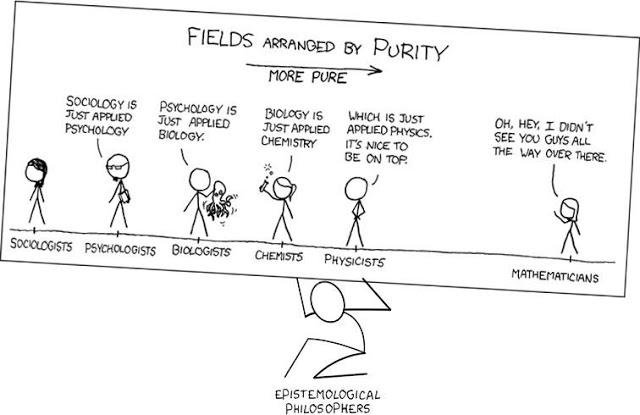
"Can there be anything sillier than trying to amass knowledge about knowledge itself?" (from the blog of Daniel Kuehn)
Draw a visualization of the topic
1. List
2. Select in order of relevance
3. Organize
4. Connect
So what do we know?
If we know anything at all?

Taxonomy of knowledge
Bloom's lower and higher order objectives in learning. Note that in this context knowledge is equivalent to recall.
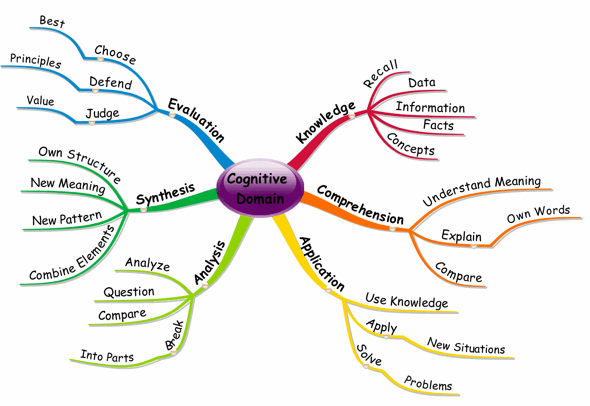

Beyond
What types of knowledge can we have?
Personal, procedural and propositional (handout)
Rene magritte's realistic painting
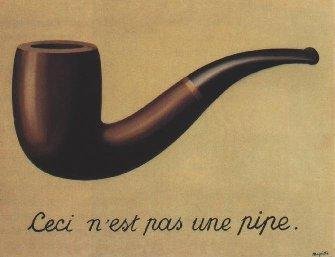
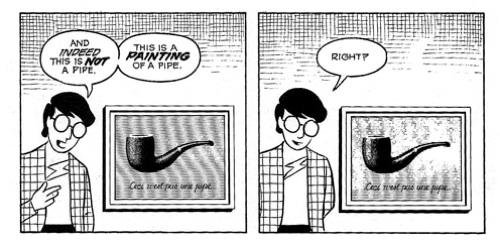
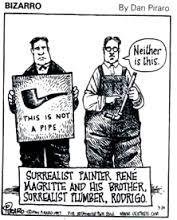
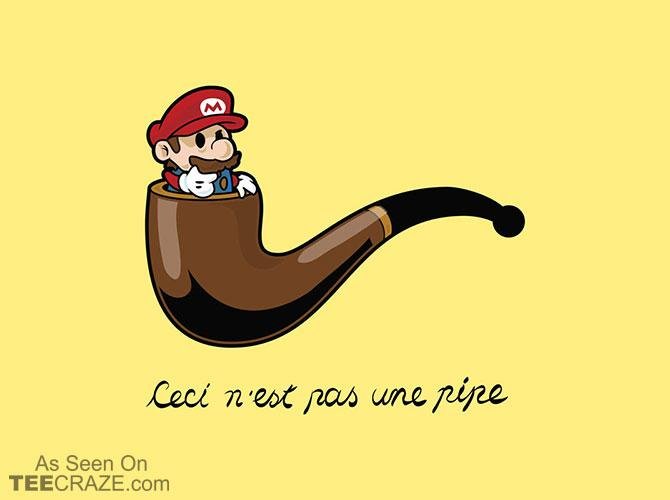
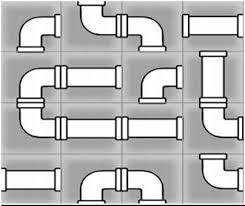
Rene Magritte (Belgium, surrealism)
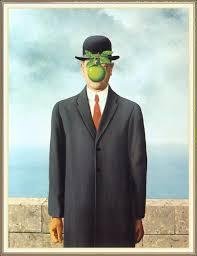
The son of man
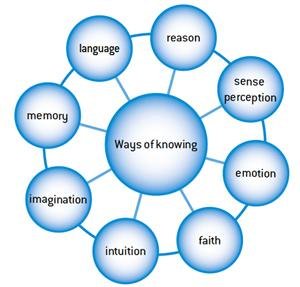
But, how do we know? and how it differs from what the ultimate purpose of knowledge is? IB TOK framework
"The truth"
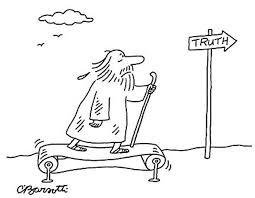
Can we believe anything without knowing and/or visceversa?
FACTS CERTAINTY OPINIONS
Main problem of knowledge is that all of it is fallible
Common sense
responds to an stable and sound map of reality
The cartographic paradox
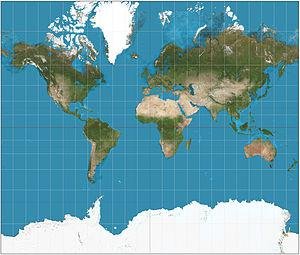
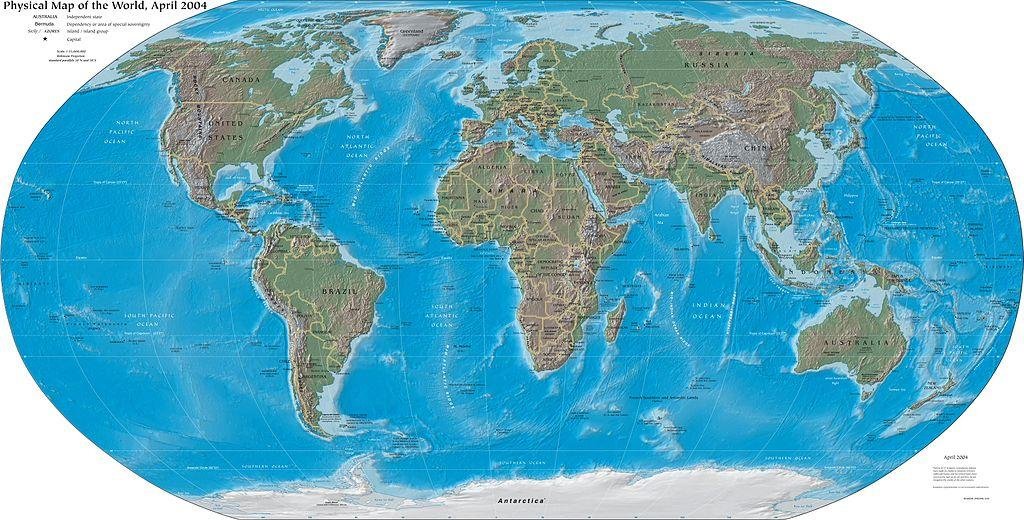
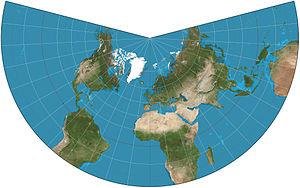
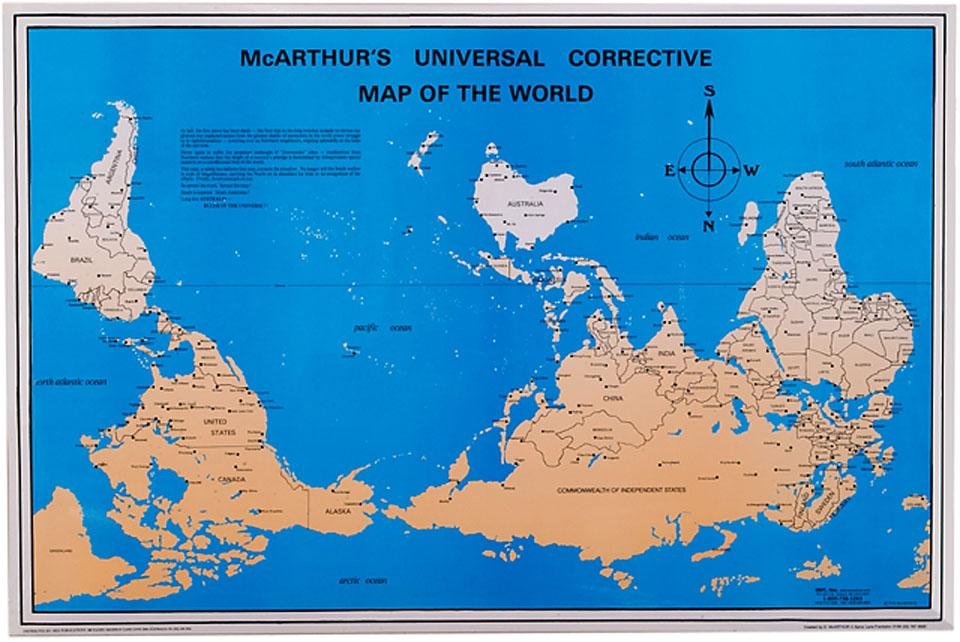
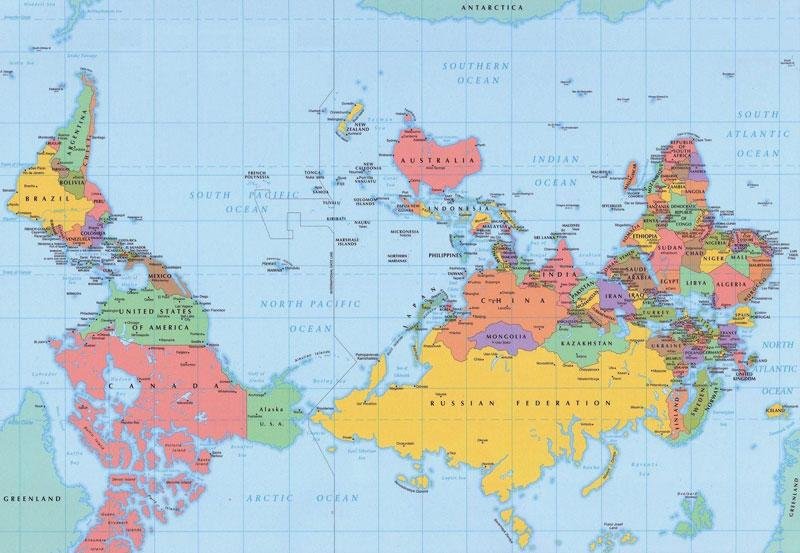
To be useful, maps need to be inaccurrate, based on arbitrary conventions and culturally biased: "the map is no the territory"
Paradox
A paradox is an apparently self-contradictory statement. Its underlying meaning is revealed only by careful scrutiny. It arrests attention and provokes fresh thought.
Examples: "Less is more." Francis Bacon's saying, "The most corrected copies are commonly the least correct," is an earlier literary example. In George Orwell's anti-utopian satire Animal Farm (1945), the first commandment of the animals' commune is revised into a witty paradox: "All animals are equal, but some animals are more equal than others."
Visual paradox
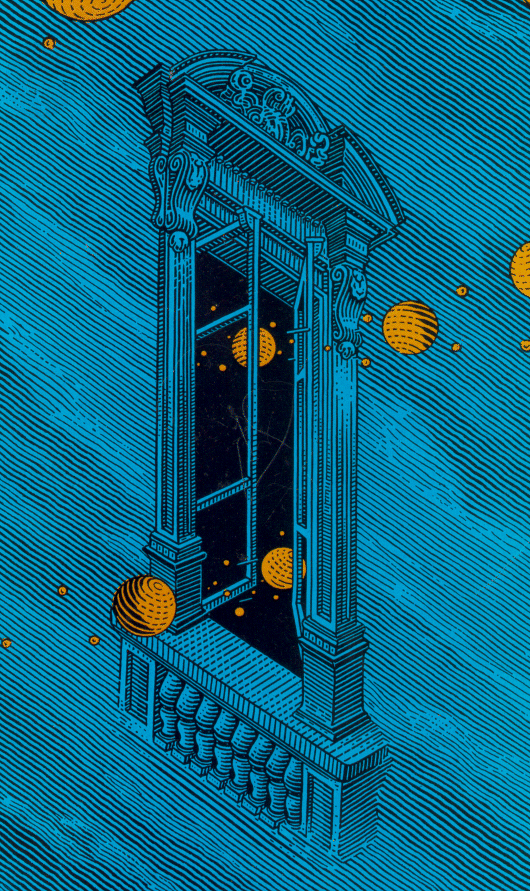
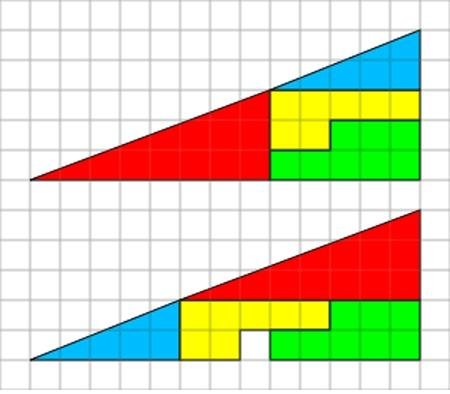
Text
Text
The missing square puzzle
The Fermi Paradox
- https://www.youtube.com/watch?v=sNhhvQGsMEc
- https://www.youtube.com/watch?v=1fQkVqno-uI
Certainty
It is a step ahead from mere belief
List 5 things you are certain about
Compare them with your classmates. Is an agreement over these possible?
It is hard to accept statements at face value when we begin evaluating the four main ways of knowing:
1. Language: we read or listen from others through words or similar/equivalent signs.What could be the surce of authority? Think about urban legends
2. Perception: personal experience; capacity+environment
3. Reason: argued to be even more reliable than perception when used well, but subject to mistaken or faulty reasoning: errors and fallacies
4. Emotion: far from truth as emotions are relative but with great value as they can motivate the pursuit of knowledge.
The doubt paradox
We ony know that we know nothing, so do we know that we do not know, or we do not know at all?
Categories of questions
1. Can be only answered in one way
2. Any answer can be correct depending on its justification
3. Any answer is acceptable, regardless of its justification
Questions that have been intriguing human kind for a long time:
- Are the brain and the mind the same?
- Can we really know what it feels to be a cat or a dog?
- Where is pain located if the brain does not "work"?
- Are emotions practical?
- Can god create a stone so heavy that he cannot lift?
- To whom belongs our body?
Exercise
1. Make a list of 6 questions that are seriously intriguing you and neatly write them down on a piece of paper
2. hand in the paper to another students
Example question
Does it matter if people around us are happy?
What category of answer would fit to the questions you got?
Questions
https://app.box.com/s/jcp6nnblol1kzh33co53
A mini guide to critical thinking
Relativism
implies there is no objective reality as there is no truth or that the truth is not aprehensible, so every opinion is/could be of equal weight than others in delivering knowledge
The very statement "all truth is relative" is self-contradictory, because there is then one absolute truth: that all truth is relative.
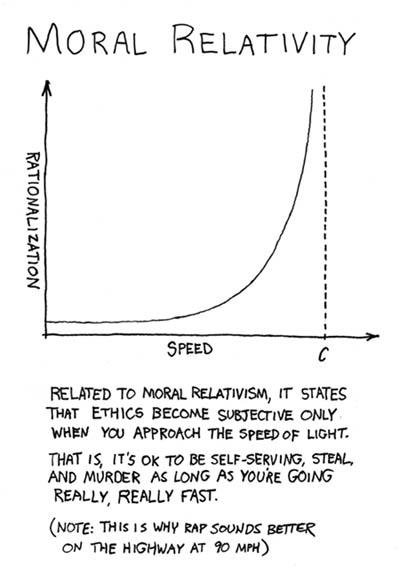
What should we believe?
Good judgement: a balance between healthy scepticism and open mindedness
Mistrust urban legends and conspiracy theories
But explore the intellectual challenges they may pose (at least 1 example of each?)
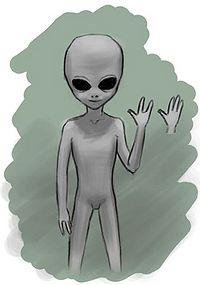
Greys
It is all US's, Israel or Russia's fault, problems of the world are created by the big corporations who want to ruin people and exploit the weak, The rich are despicable and the poor are nice people, Hitler is still alive, as well as Osama Bil-laden, it was the CIA, and so on and so forth...
- Recommended reading, again:
Responding to the question "What is enlightment"by Immanuel Kant.
- Required material:
http://www.bbc.co.uk/programmes/p0038xb6
http://www.bbc.com/news/magazine-22512160
Compare using the concepts we have learned.

To be continued...
Pre IB preparation on TOK
By mtalyc
Pre IB preparation on TOK
Epistemology intro
- 683



